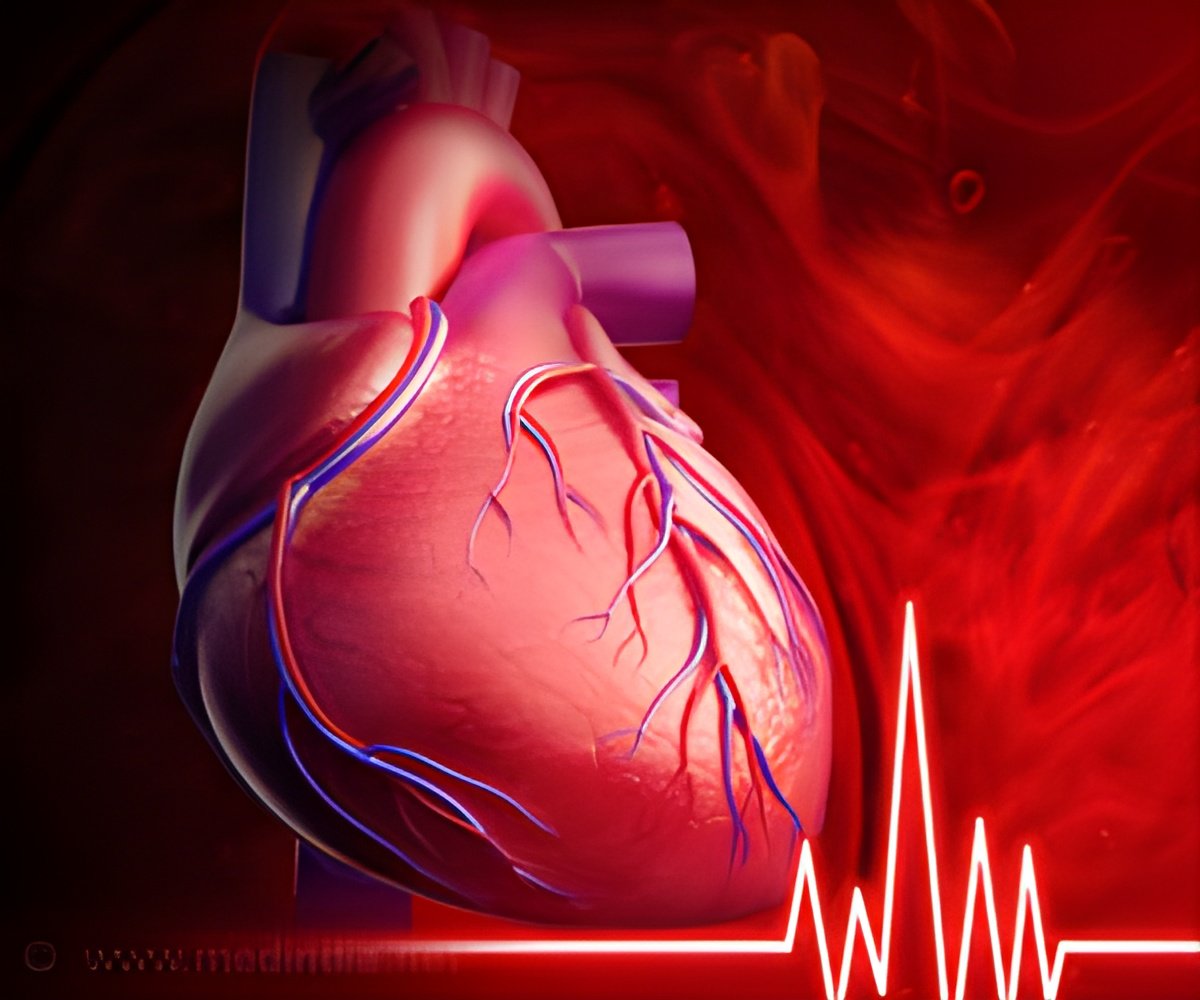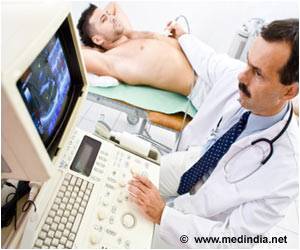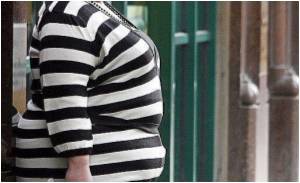
‘Boosting the activity of the self-replicating macrophages that live in the outer layer of the arterial wall, helps reduce inflammation.’
Tweet it Now
"We've discovered that a group of macrophages are created when the embryo is developing, before the bone marrow is functioning," said Clinton Robbins, a professor in the Faculty of Medicine's Departments of Laboratory Medicine and Pathobiology and Immunology. "These macrophages can self-replicate and likely regulate the normal function of our arteries. This is a fundamental biological discovery that could play an important role in many cardiovascular diseases." Robbins and his team found that during infection these self-replicating macrophages leave the arterial wall, while macrophages from the bone marrow come in and engulf the bacteria. The team thinks that once inflammation resolves, the self-renewing macrophages return to heal the damaged tissue.
Using a special tagging system, they accurately traced where the macrophages were coming from.
"Previously, we couldn't identify one macrophage from another because we were limited by technology," said Robbins, who is also the Peter Munk Chair of Aortic Disease Research in the Toronto General Research Institute at University Health Network. "Now we can see exactly where they're coming from and where they're going. Our job now is to get a better understanding of what these different macrophage populations are doing."
Next, the researchers will study how these resident macrophages interact with their tissue environment and exactly what role they might play in cardiovascular disease. By understanding the relationship between the different cell types, they hope to target inflammation caused by infection or atherosclerosis more effectively.
Advertisement
Robbins acknowledges that there's still a lot to learn about the complexity of these macrophages and how they interact with their environment and other cells.
Advertisement
The research is published in the journal Nature Immunology.
Source-Eurekalert












